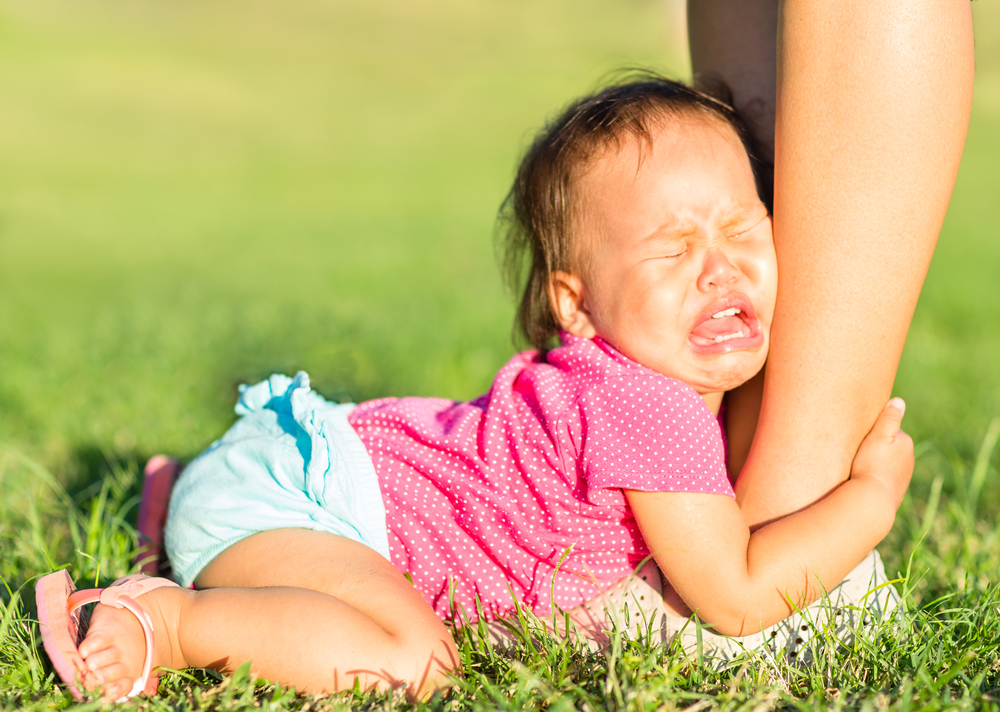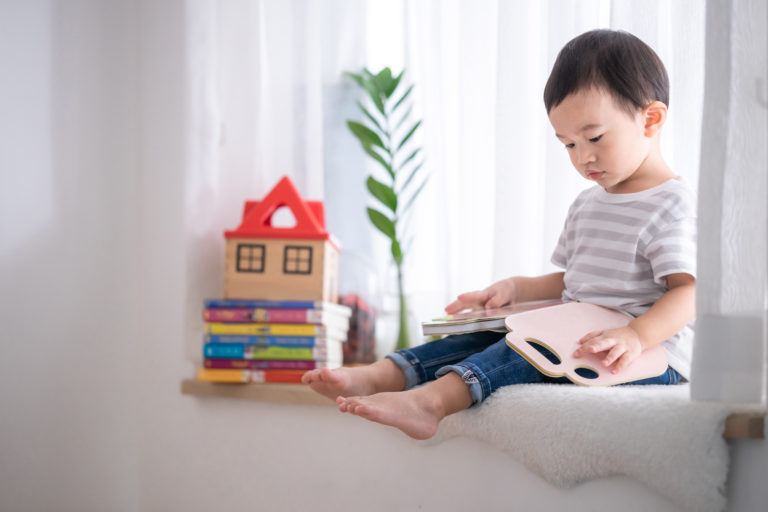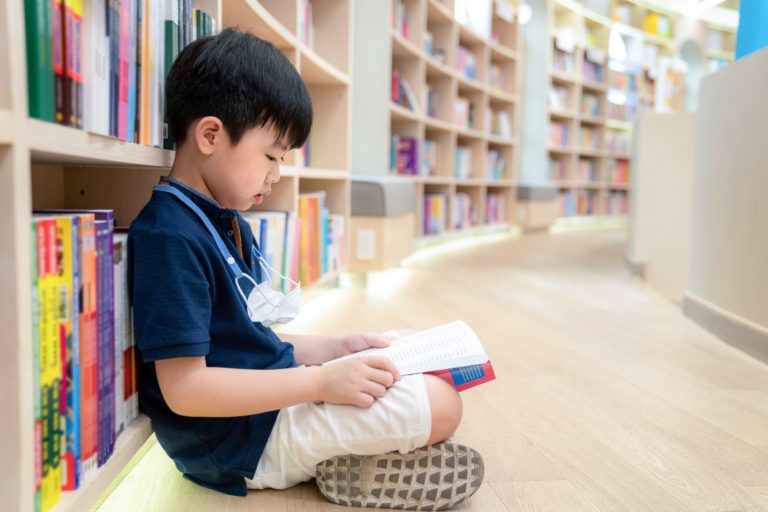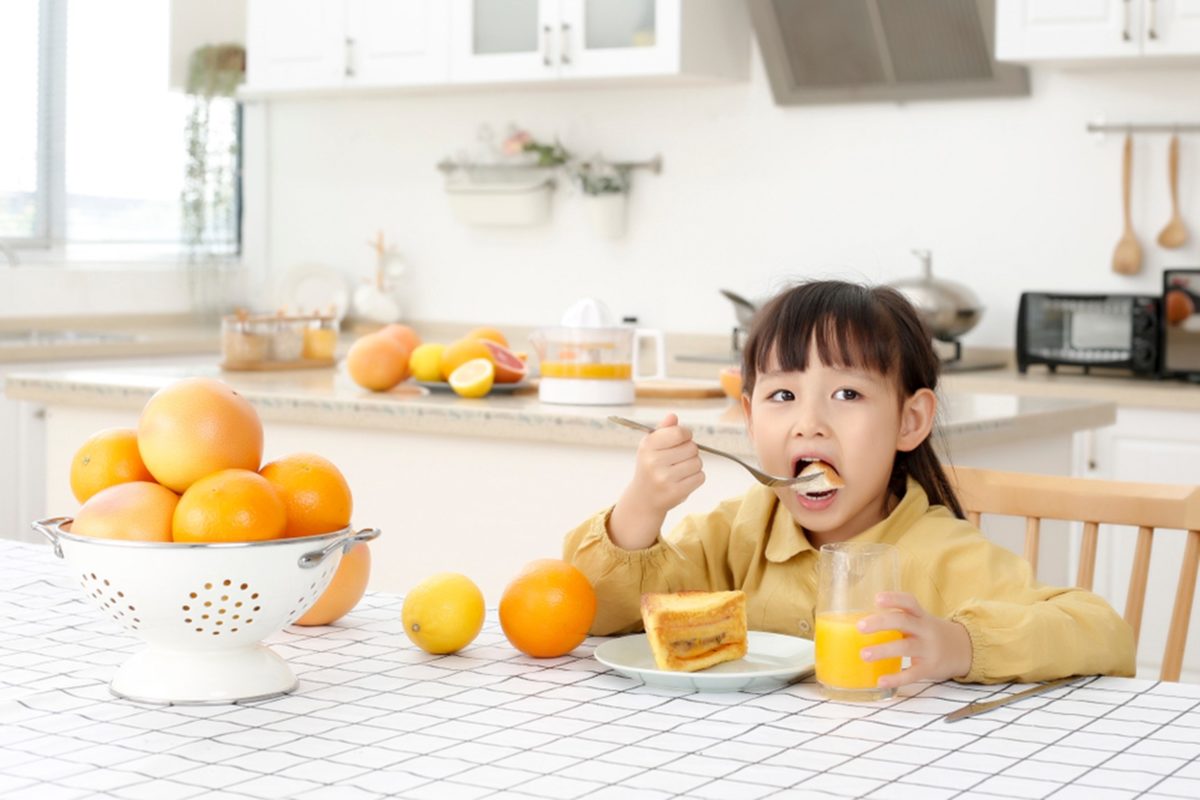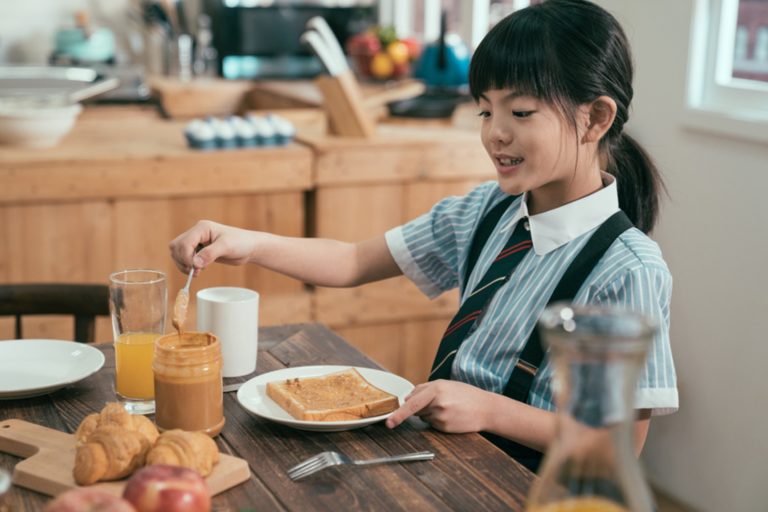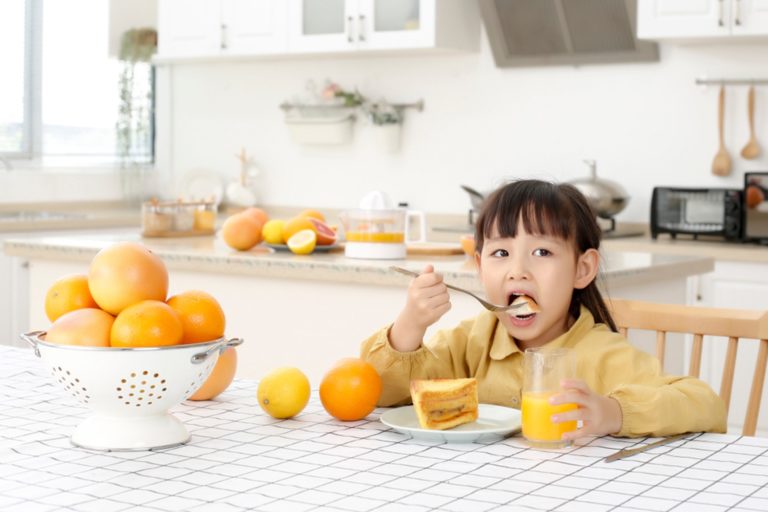Parenting Tips
September 2022

Written by: Ms. Ng Ka Chun, Former Principal of Lok Sin Tong Leung Wong Wai Fong Memorial School
Young children always have low patience and have difficulty tolerating & waiting. Self-control is a comprehensive ability of an individual to properly control and regulate his or her behavior without external supervision, to suppress impulses, and persevere to ensure the achievement of goals. It is an important component in the construction of self-awareness and is an important psychological quality for the success of an individual.
Waiting is the mark of a child’s success
In the 1960s, the American psychologist Professor Michel conducted a fudge experiment. He took a group of children aged about four to a modestly furnished house and gave them each a very tasty piece of fudge, telling them that if they ate the fudge right away, they could only eat one; if they ate it again after 20 minutes, they would be rewarded with one more piece of fudge, and they could eat two pieces of fudge in total. After Michelle left, some children were eager to eat the candy, while others were patient, closed their eyes, or rested their heads on their arms as sleep; some children talked to themselves or sang to divert their attention and spent time restraining their desire. Through observation, Michelle found that one-third of the children ate the candy immediately, one-third of the children waited for Michelle to come back and redeem the extra reward before they started to eat, and another one-third of the children insisted at first, but then could not resist giving up waiting.
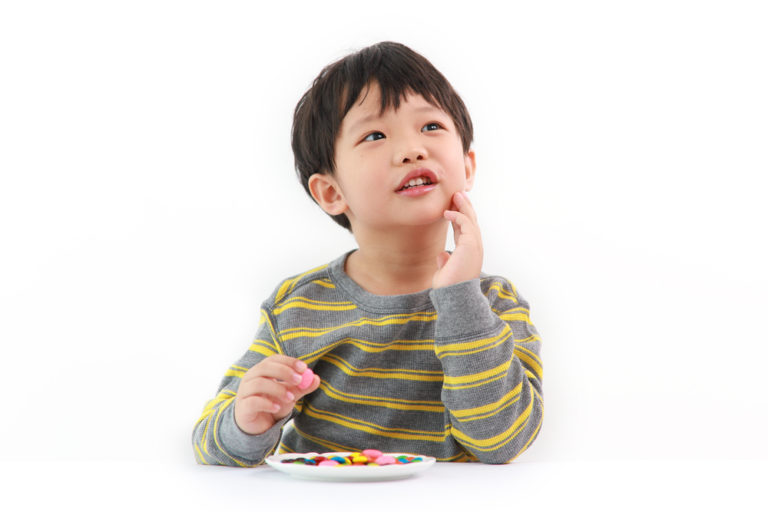
Michel continued to follow the children who participated in the experiment until they graduated from high school. The results of the follow-up study showed that the children who started eating candy right away showed a lack of confidence and did not get along well with their peers as teenagers, while those who waited until the end to eat candy were socially competent, assertive and academically successful. The “waiters” scored an average of 210 points higher on the test than the “non-waiters”. The actual results show that those children who could wait had a much higher success rate than those who could not wait.
In the above experiment, Michel introduced the concept of “delayed gratification” – the ability to wait is the ability to delay gratification, and children with delayed gratification are more likely to succeed as adults.
Let babies learn to wait a while
Patience is not something children are born with, but it can be mastered through learning. Before a child can learn patience, he or she must have the “ability to measure and understand time” and the “ability to understand cause and effect” before we can develop the ability to tolerate frustration and delay gratification.
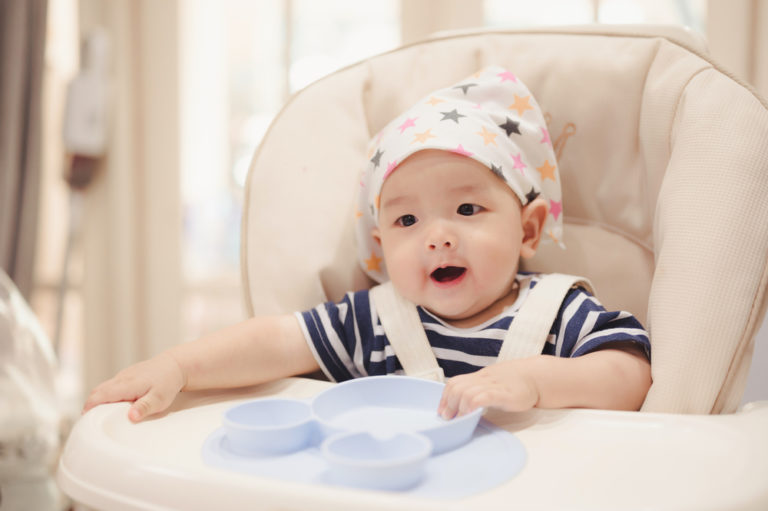
Infants from zero to 18 months of age have only two or three minutes of patience. Even so, newborns must be taught to wait a while, and encouraging patience begins with simply telling them. When he hears your words, he will begin to think about what will come later, so parents can prepare their baby for his needs while describing in words what you have prepared for him. When a few months old baby hears you, he will stop fretting as a sign that he understands what you are saying, because language is linked to cause-and-effect thinking, so it helps babies learn to delay gratification.

